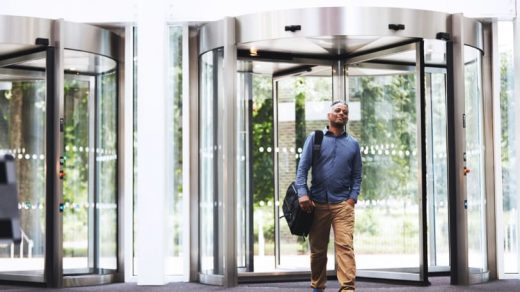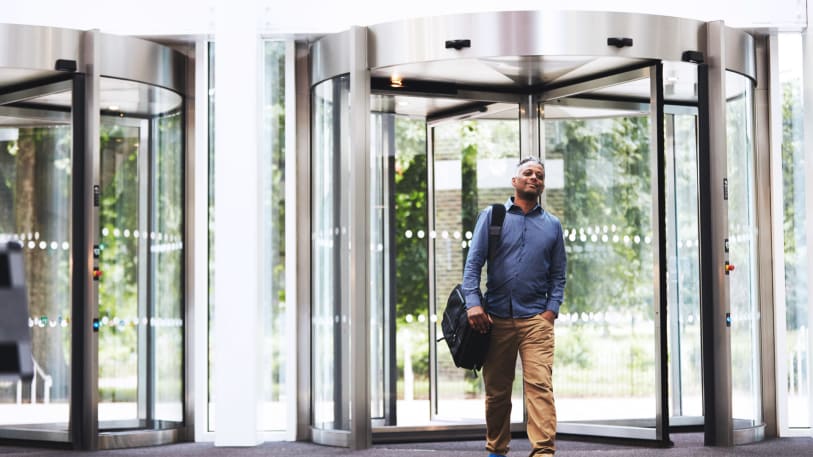Should You Take Another Job In The Same Company? Here’s How To Decide
Here’s a riddle: How do you get a new job without some of the stress that comes with a traditional job search? Answer: You get a new job within your current company.
Both you and your company can benefit from this scenario. Many companies love to promote from within and develop their talent pool—you’re their most valuable asset, after all—as opposed to roll the dice and hire externally.
But is it really what’s best for your career? Or is it just a turn down a dead-end road? Here are three questions to consider before making an internal move.
1. How Long Do You Want To Stay With Your Company?
“This move isn’t just about the [job] title or your next direct deposit,” says Mark Babbitt, founder and CEO of YouTern, a Colorado Springs, Colorado, firm that provides young professionals with career advice, internships, and mentors. “This move could have a serious impact on the next three to five years, and perhaps your entire career.”
If you like your company’s culture, your coworkers, and the leadership, and this is a place you enjoy working, an internal move can allow you to keep all of that and still try something new.
That said, “Liking your manager or coworkers isn’t enough if that means stifling your career growth,” says Tim Toterhi, an executive coach and author of The Introvert’s Guide to Job Hunting. So it’s best not to use such a move as a short-term answer if you know you really want to move on.
Plan to stay with the new position for at least 18–24 months, says Toterhi, and consider whether you’re willing to commit to that amount of time with the organization. Your interests might be better served searching for your dream job instead.
2. Does The New Position Support Your Career Goals?
It’s easy to feel like you’re getting ahead when you get a promotion—any promotion!—but an internal move should also give you skills that push you forward in the long run.
Fast Company , Read Full Story
(74)














